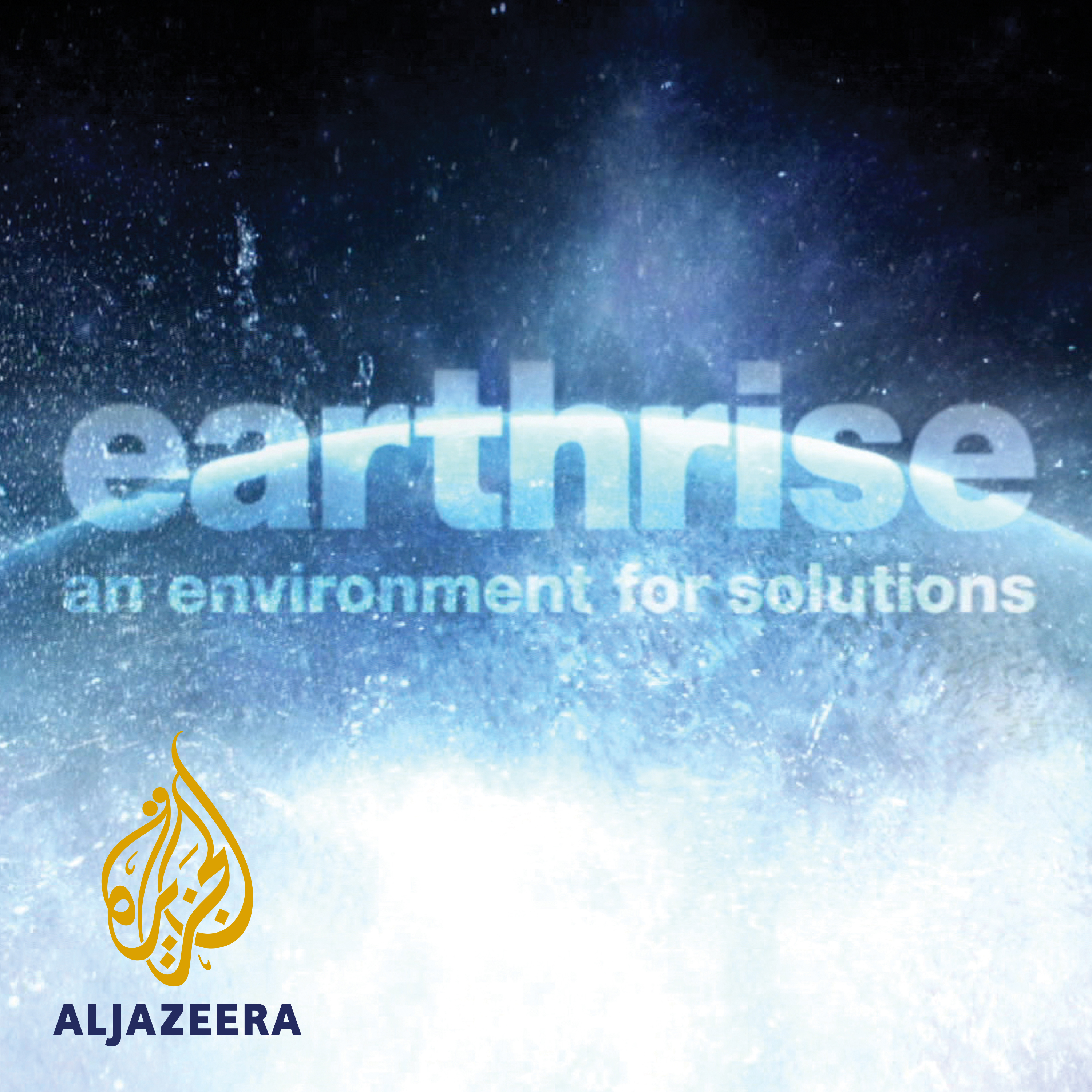Building Better Cities - earthrise
Description
Already, half the world's population live in cities and, by 2050 the figure will increase to two-thirds, or about 6 billion people. The environmental impact is already extensive.
As the global population expands so too do pollution and pressure on resources.
earthrise travels to Colombia and Singapore to meet some of the people who are finding ways to meet growing demand while also making our cities more sustainable.
Colombia's Lego Homes
Over 300 million tonnes of plastic is produced every year, yet just a fraction of this is recycled. Most of the waste usually ends up in landfills, waterways and oceans.
However, one enterprise in Colombia has found a novel way of using the normally discarded waste. Conceptos Plasticos, founded by architect Oscar Mendez, collects recyclable plastic material, melts it down and moulds it into bricks which are then used to build houses for the local community.
The hope is that using plastic to build homes will be the answer to both recycling and housing shortages.
"If we use just 2 per cent of the waste plastic in the world we can change the lives of millions of people. We can finish the housing shortage in Latin America in just 10 years," says Mendez.
Juliana Schatz heads to Bogota to see how Conceptos Plasticos builds these homes out of discarded waste.
Singapore: Asia's Greenest City
Dubbed Asia's greenest city, Singapore has long favoured innovative environmentally-friendly ideas. However, challenges from rapid urbanisation, sea level rise and a changing climate are pushing planners and policy makers to find innovative ways of coping with the pressures of growing demand.
From vertical farms to living buildings, Singapore is on the cutting edge of environmentally sustainable urban solutions.
Russell Beard travels there to meet some of the entrepreneurs who are helping the island city-state earn its green title.
- Subscribe to our channel: http://aje.io/AJSubscribe
- Follow us on Twitter: https://twitter.com/AJEnglish
- Find us on Facebook: https://www.facebook.com/aljazeera
- Check our website: http://www.aljazeera.com/
More Episodes
Bangladesh has one of the largest number of solar home systems in the world, reaching over 20 million people. Thirty percent of the electricity these generate is wasted each year, while over six million people in the country have no access to power.
A dynamic startup called SolShare has...
Published 06/12/21
Being in tune with nature used to be instinctive for all humans. It was a matter of survival. But over the centuries, as we urbanised and industrialised, the connection has become weaker.
But Indigenous communities around the world have not forgotten what it means to live in harmony with Earth....
Published 05/19/21
As populations grow and incomes rise, we are eating more and more meat and dairy. Intensive livestock farming, however, requires huge amounts of resources and is highly polluting. Yet, animal protein is essential to the 1.3 billion people who depend on livestock to survive.
So, what is the...
Published 05/12/21


